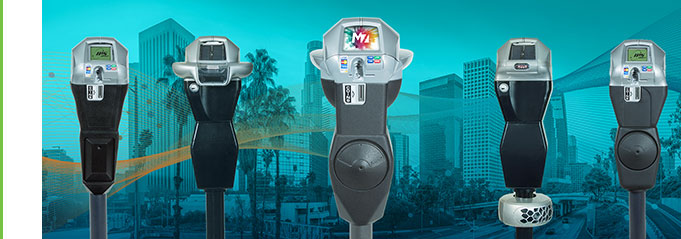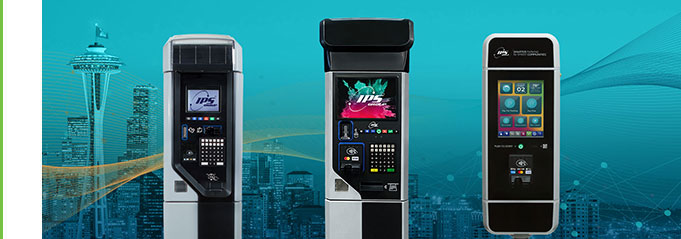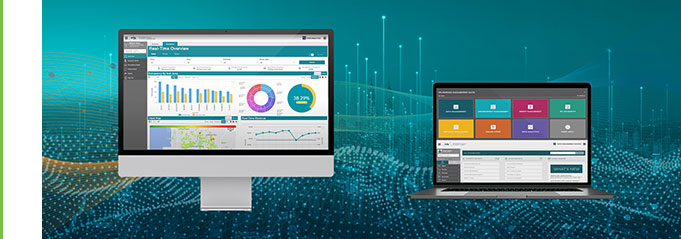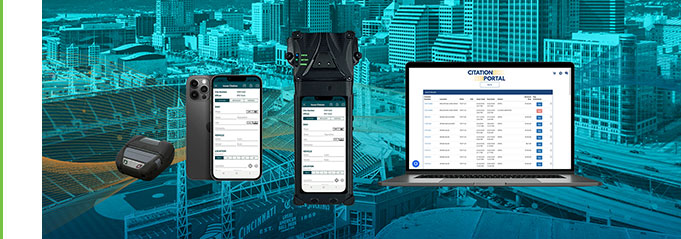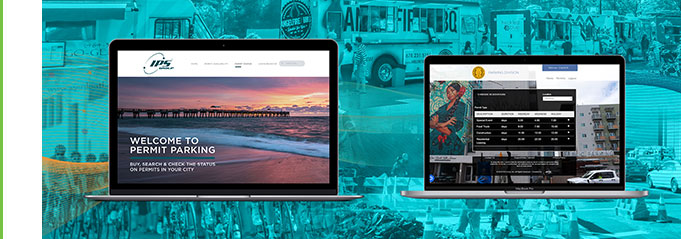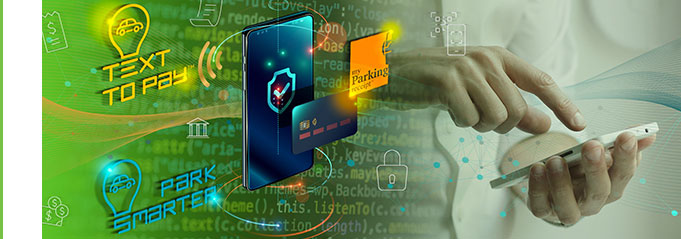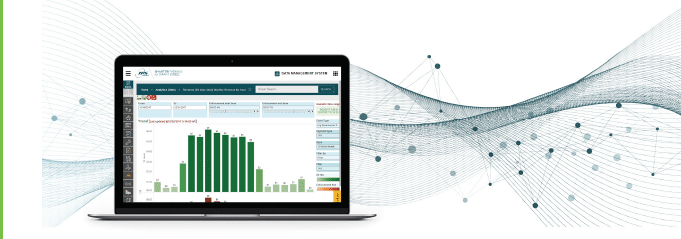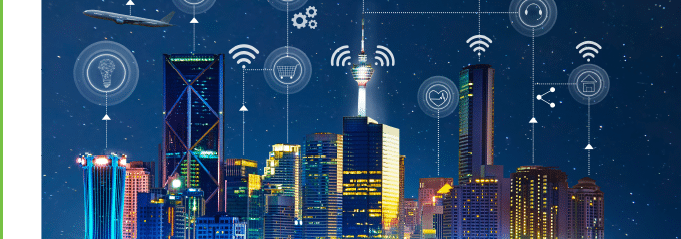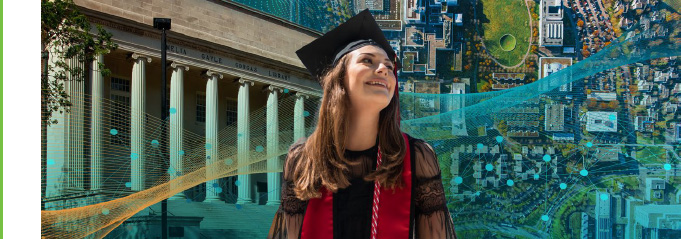
Cities around the world are becoming Smarter, implementing initiatives that promote greener and safer urban environments, cleaner air and water, Smart Parking, and efficient public services.
These Smart Cities are on a mission to promote economic growth and enhance the quality of life of citizens by development and redevelopment of local areas and harnessing Smart technology to generate better outcomes. This includes using data analytics and technology to improve infrastructure and enhance public services such as healthcare, transportation, and parking.
Each Smart City initiative is supported by Smart technologies, such as the Internet of Things (IoT technology) and Information and Communication Technology (ICT) that provide the technical framework to implement Smart City amenities.
Read on to learn more about the key features of Smart Cities.
Making Healthcare Smarter
According to the UN, 68% of the world’s population is projected to live in an urban area by 2050.
With the looming threat of climate change, limited natural resources, and increasing life expectancies, city officials are recognizing that Smart Cities are no longer just a futuristic idea, but may play an integral role to drive more efficient, sustainable, and healthier urban environments.
Driven by the demands of an evolving digital ecosystem, municipal and state leaders around the world are leveraging Information Technology to modernize systems while simultaneously improving the quality of life for citizens.
They are achieving this by making Smart technology compatible across core health, human services and even non-health sector systems, such as public safety, environmental health, social services, emergency services and transportation.
Connectivity is key when it comes to Smarter, healthier cities, and so the future of urban living will likely focus around a connected ecosystem of data-driven networks, allowing for the rapid adaptation of existing healthcare services that can cater to the needs of citizens at a given time.
Smart City Transportation
Smart transportation is one of the key benefits of Smart Cities that are improving sustainability and citizens’ lives. This includes the implementation of innovative solutions such as Smart Parking, Intelligent Traffic Management, and Integrated Multi-Modal Transport.
Connected transportation technology, such as Smart sensors in public transportation vehicles that can send traffic data to city transportation management software, allowing administrators to set waiting times for the bus or train, and alert the transportation system about traffic congestion or delays.
Another technology making its way into Smart City transportation is connected cars. A connected vehicle shares real-time data about road conditions and its surroundings, feeding a Smart City with valuable data analytics that enables incident response, traffic optimization, and traffic re-routing.
Smart Parking in a Smart City
Through Fully-Integrated Smart Parking Solutions, Smart Cities can create a parking ecosystem that maximizes resources, creates efficiencies, and enhances the customer experience.
There are various benefits of Smart Parking solutions in Smart Cities. They can help cities:
- Decrease traffic congestion and pollution
- Set demand-based pricing that increases turnover
- Maximize limited resources that can help with infrastructure investment
- Access data in real-time, which streamlines enforcement and permitting efforts
Smart Parking solutions can help city governments become more efficient and promote Smart City planning and growth. With the inevitable growth of urban areas, Smart Parking will be an emerging industry that will become vital to Smart City success.
Thinking about implementing Smart City technology to your city? Learn how IPS Group’s portfolio of innovative Smart City Solutions can help your city become tomorrow’s Smart City. Click here to schedule a demo today.

